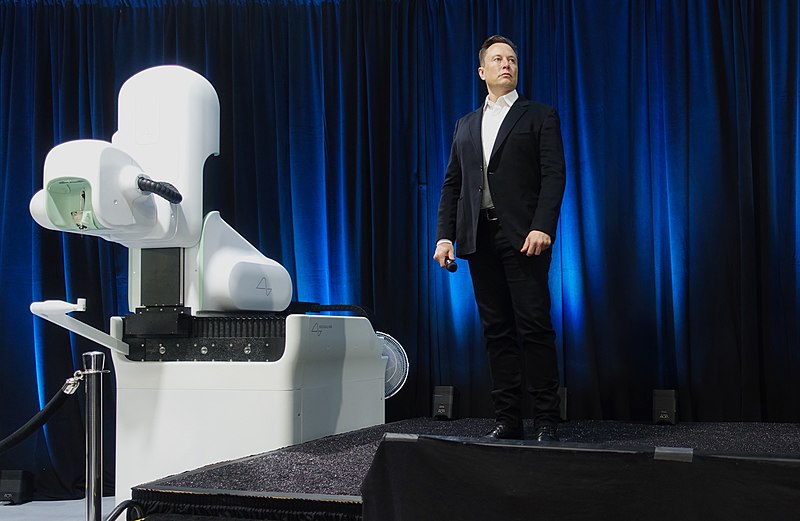It sounds a bit like a prophecy, doesn’t it? Every 15 years or so, there is a shift in technological focus. Our last ‘greatest thing since sliced bread’ was the smartphone, a device that lets us not only communicate with others but also functions as a mini-computer. We can find information online, listen to music and audiobooks, watch our favorite shows on streaming services, play games, and so much more, depending on the space and the apps we have. So, the natural question that comes to mind at this point is: what is the next big thing? There are a few theories.
Neural Implants
If it sounds scary, that is because it kind of is. Back in 2017, Elon Musk founded Neuralink. This company is working on neural lace technology. The idea is to insert tiny electrodes into your head and control machines directly with your mind. Musk, it seems, is interested in the idea because it could prevent people from being just around while AI does all the work.
The implications of this could be wild. Forget being glued to your computer or phone, how much hooked on entertainment are we going to get if we are, quite literally, hooked up? This, if possible, could also lead to other kinds of interesting symbioses in a few hundred years.

New Ways to Charge
There has been an increase in interest over solving one of the most common problems of smartphone and mobile device owners – what to do with short battery life? Sure, more efficient batteries are being made and we can circumvent some of the problems by bridging a power bank with us at all times, but these are just temporary solutions.
Battery Chemistry
As it happens, there are two ways researchers are tackling this and accompanying issues. First of all, there is a change in battery chemistry. In other words, batteries are going to be made a bit more differently in the future, have fewer pollutants, and may even reach a full charge in minutes, while maintaining it for months. They will likely overcome the usual lithium-battery limitations. There have been a few experiments using things like silicon or gold instead of lithium.

Alternative Power
The other way to deal with your phone running on empty would be to use Wi-Fi to charge it. So far, there has been no luck in this regard, but we are optimistic that there could be a solution in the future. In the meantime, we could also be looking at wearable technology that lets us charge our devices by the energy we ourselves produce while moving around. One of Tesla’s dreams is pretty close to coming true.
